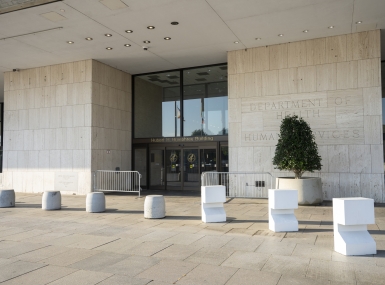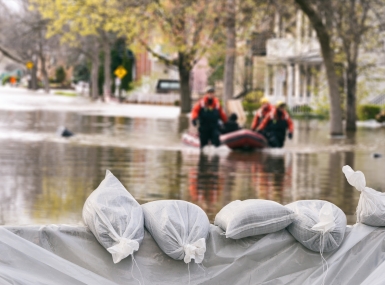Familiar Faces Initiative
Improving Outcomes through Coordinated Heath & Justice Systems

Sections
Familiar faces—individuals with complex behavioral health needs who frequently cycle through jails, homeless shelters, emergency departments and other local crisis services—often do not have the support needed to ensure treatment engagement and successful outcomes. Counties and cities’ complex social services systems can be fragmented, leaving vulnerable individuals to fall through the cracks. The Familiar Faces Initiative empowered communities to share data and integrate care options between health and justice systems. While this program concluded in 2023, counties continue to pursue early intervention, improved outcomes and reduced incarceration and hospitalization rates for community members.






